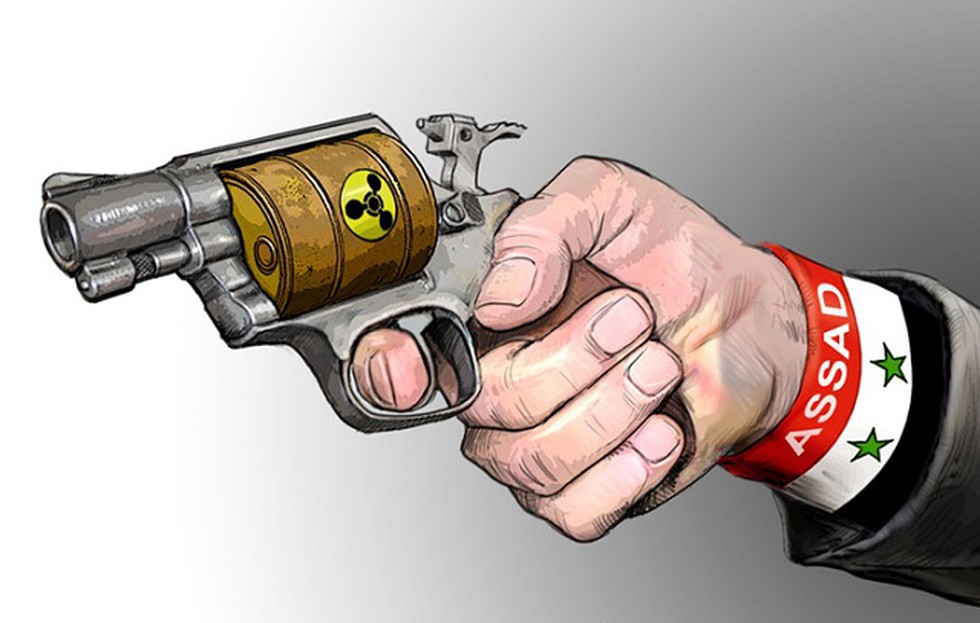About:
- What is it? OPCW is an intergovernmental organisation and the implementing body for the Chemical Weapons Convention, which entered into force on 29 April 1997. It oversees the global endeavour to permanently and verifiably eliminate chemical weapons.
- Established in: 1997.
- Headquarters: The Hague, Netherlands.
- Member states: 193 (All states party to the CWC are automatically members. 4 UN Member States are non-members: Egypt, Israel, North Korea and South Sudan. Of these Israel signed CWC but didn’t ratified it, rest 3 are non-signatories).
- Nobel Peace Prize: The organisation was awarded the 2013 Nobel Peace Prize "for its extensive efforts to eliminate chemical weapons with most recent being in Syria civil war".
- The OPCW–The Hague Award: It is an annual award founded by the OPCW as a result of their being presented with the 2013 Nobel Peace Prize. The Award honours individuals and institutions that have significantly contributed towards the goal of a world free of chemical weapons.
Chemical Weapons Convention:
- It entered into force on 29 April 1997.
- The Convention contains four key provisions:
- Destroying all existing chemical weapons under international verification by the OPCW.
- Monitoring chemical industry to prevent chemical weapons from re-emerging.
- Providing assistance and protection to States Parties against chemical threats.
- Fostering international cooperation to strengthen implementation of the Convention and promote the peaceful use of chemistry.
